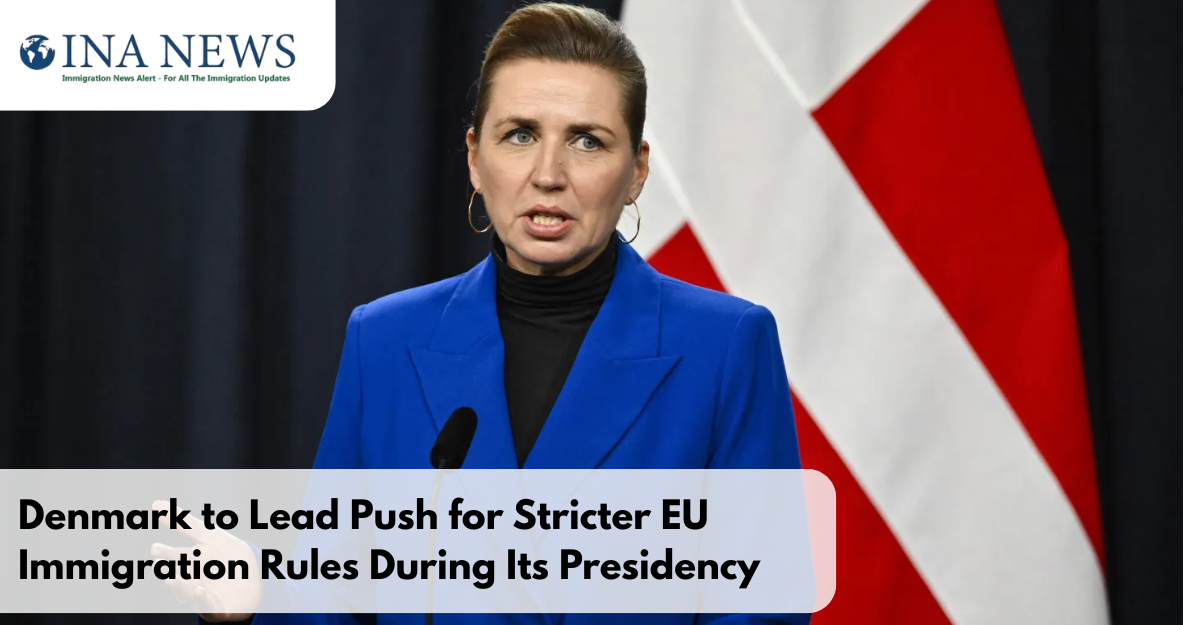The Swedish government has announced a major policy shift aimed at tightening its citizenship criteria, as part of a broader effort to gain better control over immigration. The proposed reforms come after a formal review into what officials described as “numerous questionable” decisions involving past citizenship grants.
The upcoming changes, still under review, signal a more restrictive stance on migration and naturalization processes in Sweden, once known for its liberal asylum policies.
Key Citizenship Changes Proposed
Among the most significant proposals is an increase in the residency requirement for citizenship applicants. If approved, the minimum stay will rise from five years to eight years, delaying the pathway to Swedish nationality for many immigrants.
The government also intends to implement mandatory Swedish language and cultural knowledge tests, ensuring that applicants demonstrate integration and familiarity with Swedish values and society before qualifying for citizenship.
In a further tightening of criteria, the proposed policy will include a higher income threshold. Currently, applicants must show self-sufficiency by meeting a minimum income of SEK 6,186 plus housing costs. Under the new rules, the required gross monthly salary will increase to SEK 20,000 (approximately €1,815). This benchmark aligns with the amount used in wage supplement benefit cases, making it a significant jump for many.
Lifestyle of Honest and Responsible Requirement
Sweden already requires applicants to have lived an “orderly life”, free of criminal records, outstanding debts, or risks to national security. However, the updated framework introduces language around an “honest and responsible lifestyle,” potentially widening the grounds for rejection based on personal conduct.
Migration Policy Shift in Sweden
This citizenship reform follows a series of measures designed to limit immigration and reduce long-term asylum claims. In 2024, Sweden recorded its lowest number of asylum approvals in 40 years, with fewer than 10,000 new asylum applications filed—the smallest in nearly three decades.
The government is also considering a new law that would bar rejected asylum seekers from reapplying unless they first exit the country. The move targets individuals who remain in Sweden undocumented to wait out the current four-year reapplication period.
Another controversial proposal includes offering a voluntary return grant of $34,000 to incentivize irregular migrants to leave the country. Additionally, Swedish Prime Minister Ulf Kristersson has voiced support for setting up “return hubs” outside the EU to host migrants who are not eligible to remain in Europe.
Gaps in Integration Still a Concern
Despite Sweden’s historically high rankings in the EU’s National Integration Evaluation Mechanism (NIEM), with a score of 72.5 out of 100, recent reports have highlighted gaps in migrant integration. A 2024 study found rising unemployment and language barriers in immigrant-majority neighborhoods, with some schools lacking teachers fluent in Swedish.
The tightening of citizenship criteria is being presented as part of a wider effort to align migration intake with more sustainable integration outcomes. While these changes may reduce immigration numbers, critics warn they could also limit opportunities for deserving migrants who contribute positively to Swedish society.






